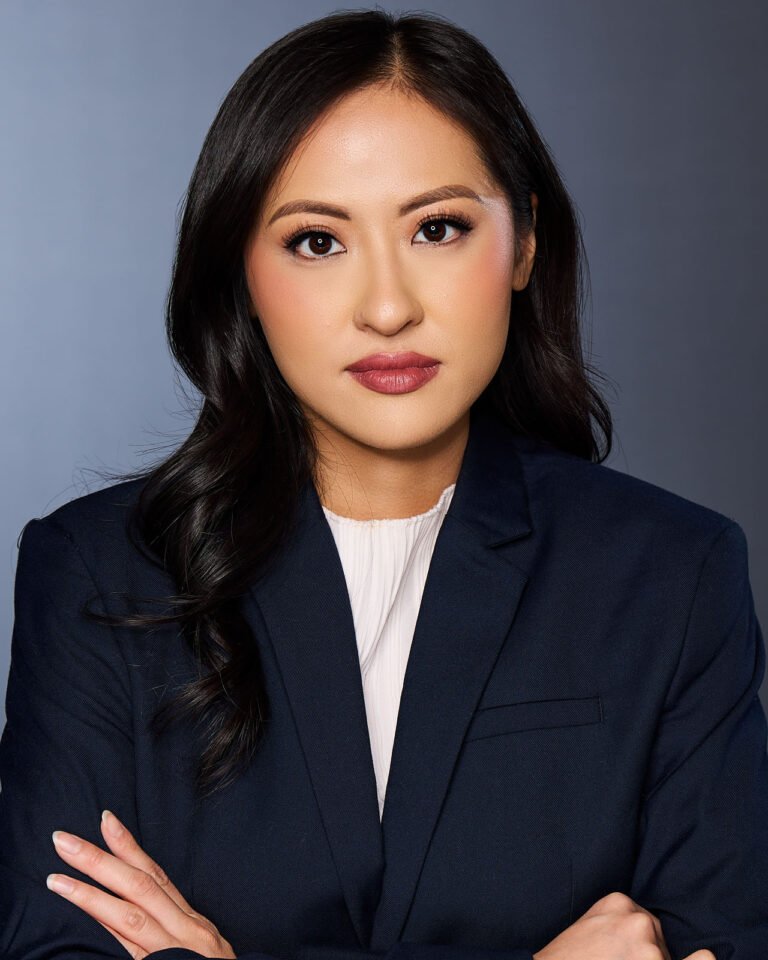Mariska Hargitay has always kept her mother’s memories alive in a subtle yet strong way, like a soft echo in the background of her life. That echo ultimately found a voice powerful enough to be heard around the world in her documentary My Mom Jayne. The Critics’ Choice Award for Best First Documentary Feature went to the film, which was a very personal tribute to Jayne Mansfield. Hargitay was filled with appreciation and thought about it for a long time. Winning wasn’t simply a big deal for my career; it was like coming home. Hargitay never thought of the documentary as just a movie project. It was a way for her to connect with a mother she lost too soon and to put together a past that she remembers more through stories than through moments.
The Law & Order: SVU star was very grateful for the recognition at the Critics’ Choice Documentary Awards. She thanked her colleagues with the honesty of someone who had kept this story to herself for decades before she was brave enough to tell it. Hargitay welcomed the world into the emotional engine that propelled the picture throughout the ceremony and in interviews. She said that the feeling was both kind and too much. Her acceptance and thoughts made it evident that this documentary was not made out of ambition but out of a desire to understand the woman who sacrificed her life. It was an opportunity to see Jayne Mansfield again, not as the dazzling Hollywood star everyone remembers, but as a mother whose love still affects her daughter’s heart.
Hargitay talked about how she made the documentary in an interview with People. She talked about how the movie was made by using a lot of archival footage that was carefully chosen from a lot of personal and professional material. The work required careful decisions about what should be seen, what should be felt, and which parts of the past were necessary to tell the story honestly. She said, “I keep telling everyone, I could have made five films!” to show how hard the process was for her. There were so many wonderful, sweet, caring, and surprise times I had with my family that I couldn’t put them all in.

That one line showed how deep what she found was. The documentary is just one movie, but behind it is a whole library of memories, experiences, and quiet realities that she learnt about for the first time as an adult. For Hargitay, each clip was like opening a door she had been waiting for years to open. Some doors offered warmth, some grief, and some filled gaps she had carried since infancy. The careful curation wasn’t about making the movie seem good; it was about honouring a woman whose life was as convoluted as it was beautiful.
Hargitay said that nothing will be wasted, even though the documentary could only accommodate so much. She said that the unused film would be a private holiday gift for her family that they could remember forever. Imagining her browsing through unreleased film of Jayne Mansfield—pausing, smiling, maybe wiping a tear—adds another depth of empathy to a production already vibrating with emotion. It portrays the daughter behind the director, and the woman still trying to get parts of her history.
The loss is what connects her to the movie. In 1967, Hargitay’s mother died in a terrible vehicle accident when she was just three years old. It was one of Hollywood’s most famous tragedies, but it wasn’t a big deal for Mariska. At that point, her life changed forever, even though she didn’t completely understand what a world was yet. Jayne Mansfield was only 34 years old. That type of loss stays with you for the rest of your life, changing you in ways you don’t realise until years later. The documentary served as a link between pain and healing, between a grown daughter and a mother who will always be young.
It seemed right to have Mariska Hargitay take on the job of director. She has been acting for decades, showing both strength and tenderness on screen, especially in parts that deal with survival, resilience, and the search for truth. She has the same intensity when she talks about My Mom Jayne. She had not only technical ambition but also emotional intelligence, which comes from living, hurting, learning, and developing. Her stories don’t depend on show; they depend on honesty. That honesty is what makes the documentary feel like a letter that was finally sent after years of putting it off.
What stands out the most is how very human her path is. A lot of people only know bits and pieces of their parents’ lives when they were younger. But for Hargitay, the pieces belonged to a woman who was once quite famous. She had to be brave and gentle to explore. It’s scary to learn about someone else’s past, but it’s a whole different type of bravery to learn about your own parents’ past, especially if it was cut short. It takes a lot of courage to face a past that has been formed by both love and tragedy.
Getting an award for such a personal undertaking means a lot. It’s one thing to be praised for a role or a character; it’s another to be praised for expressing the truth about your family. The award recognises not only the film’s technical skill but also the emotional work that went into it. Hargitay’s thoughts, on the other hand, show that the award is great, but it lies behind something far more important: the relationship she re-established with her mother during this time. The trip itself seems to be just as important, if not more so, than the praise it got.
The documentary brings up bigger themes about memory and legacy. What do we actually know about the generations who came before us? How much of their lives has shaped us in ways we don’t even know? Hargitay’s movie softly asks people to think about their own experiences, families, and histories that haven’t been revealed. It doesn’t preach; it just lets you see.
My Mom Jayne’s honesty teaches us that the truth is frequently found in the little, quiet things. In an old video, a smile was caught. In a note that was written by hand and kept in a drawer. In the stories that families tell each other, sometimes they laugh and sometimes they cry. Hargitay loved it all: the glitter, the flaws, and the difficulties of being a daughter without enough memories to hang onto. Her movie gives her something she hasn’t had in a long time: time spent getting to know her mother, even if it’s through the lens of the past.












